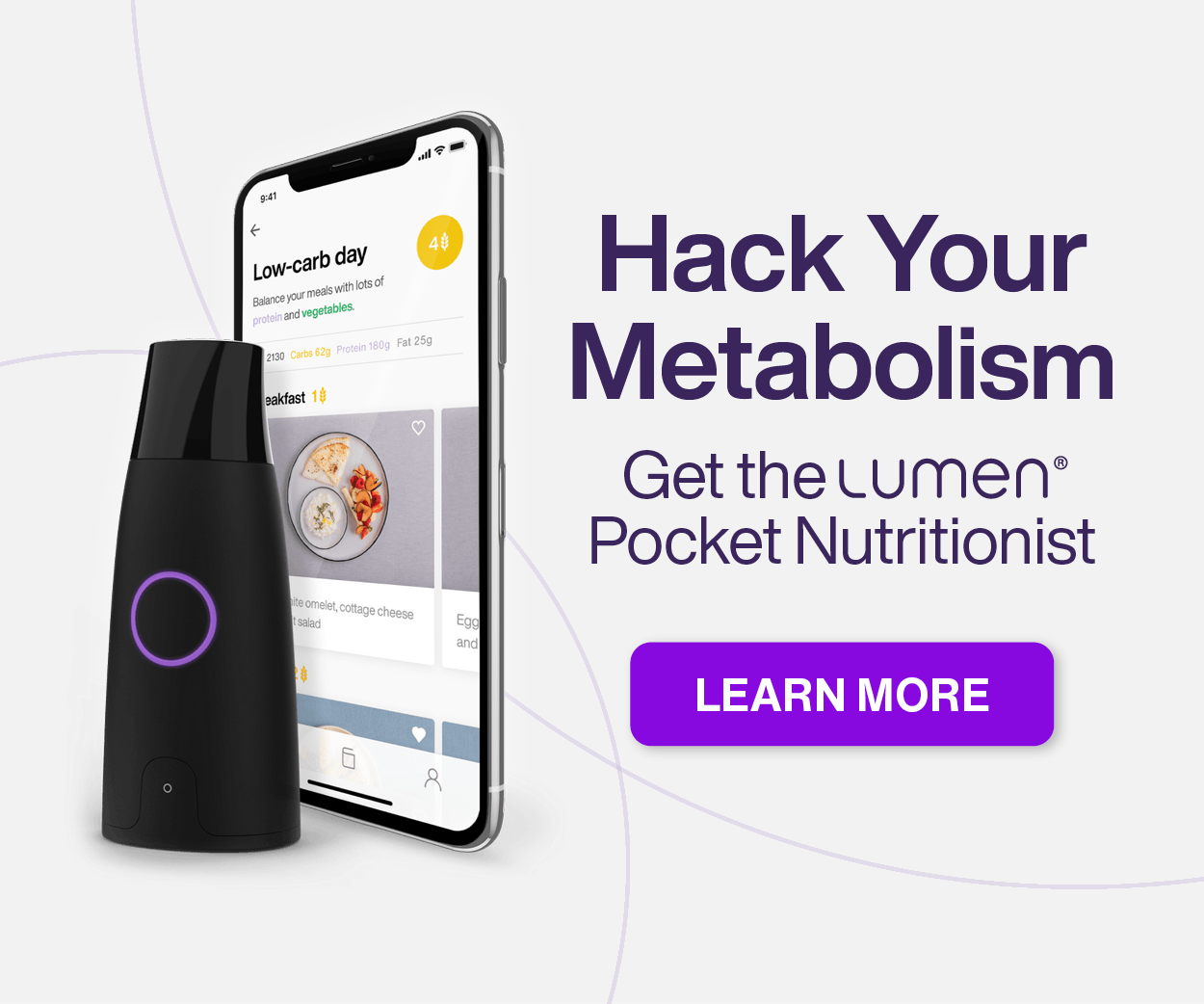By now we have (hopefully) all made drastic changes to the products we put on and around our bodies. We have become more mindful of ingredients, and realized that harmful toxins and carcinogens enter our body through ways other than our mouths. But how we eat is still the most impactful and important method of promoting total body health… Unfortunately, it is also the hardest. Buying new beauty products or cleaning products is as easy as checking out at the grocery store, it doesn’t involve a complete makeover of habits we have been honing and reinforcing for, well, as long as we have been conscious, really. This is the most important of the 4 Steps is therefore most difficult to incorporate into your life.
But I’m going to make it easy for you!!!
Being healthy, thin, and vital is not this daunting task that the plethora of diet books, food rules, and confliction bits of information regarding what to avoid would have you believe. It is actually quite simple, and neatly summed up in Michael Pollan’s awesome book, Food Rules: An Eater’s Manual:
“Eat food, not too much, mostly plants.”
That’s it! Really. If you take one thing away from this article, let it be this. I would make only one change, and that is adding the word “organic” before plants. Here’s why:
Conventionally grown produce is rife with pesticides and genetic modification that is not only devastating to the environment, but also terrible for your body. Food that is conventionally grown is sprayed with all kinds of pesticides, particularly organophosphate (an insecticide that was used as nerve gas in WWII), malathion (a carcinogenic insecticide also used to kill head lice), and chlorpyrifos (another insecticide linked to autoimmune disorders, neurological effects, and developmental disorders). To keep these pesticides out of the body, one would have to scrub produce with soap and then peel it, which effectively deprives the body of a great deal of nutrients that make the food healthy to begin with. Incidence of cancer, neurological disorders, cognitive impairment, and a slew of other adverse effects can be completely avoided by switching to organic and/or locally grown produce, where pesticide use is prohibited and regulated by the community.
Stick with organic and/or locally grown produce.
Organic and locally grown produce is also, for the most part, free of genetic modification (GMO), which is linked to digestive disorders (like gluten, soy, and corn intolerance), upset of natural gastrointestinal acidity and in some cases, even death. All in the name of creating crops that can withstand the toxic levels of pesticides that are sprayed on them. If plants need to be genetically modified to be able to handle these toxins, how are our bodies supposed to deal with them?!
We especially need to apply the rule above to meat. Conventionally raised cows, pigs, and chickens are fed terrible diets of genetically modified corn, are given high doses hormones and antibiotics throughout their lives, and are reared in terrible conditions that all effect the quality of the meat and eggs that we eat. The added hormones present in non-organic meat, dairy, and eggs are responsible for high incidences of cancers, developmental issues, diabetes, hypothyroidism, weight gain and a slew of other disorders. The antibiotics present in non-organic meat and dairy is responsible for new strains of bacteria that are resistant to antibiotics, requiring higher doses and more medicine to treat a variety of illnesses in humans. So..
If you must consume meat and dairy, make sure it is organic, grass-fed, and pasture raised.
However, even with organic dairy, hormones are still present (albeit natural hormones), which can be really confusing and detrimental to our natural hormonal balance. Humans are actually the only mammals that continue to ingest dairy products after infancy, especially dairy from another species. The fact that there is such widespread incidence of lactose intolerance is a function of the fact that our bodies are really not meant to ingest dairy past infancy. Dairy products, organic and non, also contain a protein called casein, which has been found to promote the growth of cancer… It also has an addictive quality, which is what makes us crave cheese! Both dairy and animal proteins are high in fat and cholesterol, and diets that are include a lot of these foods definitely heighten the risk of cancer, heart disease, obesity, acid reflux and other problems. I know meat and dairy is yummy, but for optimum health, make it no more than 20% of your total diet.
Make animal protein and dairy no more than 20% of your total diet. Stick with fish, eggs, and occasionally yogurt.
But even that 20% is much more than is necessary. Most people in the U.S. get WAY more protein in their diet than is necessary, which is actually quite harmful to your health. Unless you’re a professional body builder, or are trying to severely pack on the pounds, you ideally don’t need more than 25 to 30 grams of protein (or about 4% of your daily caloric intake) in your diet. If you are eating a healthy, balanced diet of mostly whole grains, lots of vegetables, legumes, fruit, and healthy fats (like olive oil, nuts, and occasional fish), you are getting more than enough protein for optimal health and weight.
So… what should you eat?? It’s really quite easy, and most likely, you already know what you should be eating, but for one reason or another, you haven’t really figured out how to make it happen. The easiest way to eat well is to add in, little by little, the good foods you know you should be eating, which will gradually crowd out all the foods you know you should avoid (sugar, processed foods, white flour, dairy, red meat, trans fatty junk food), until you have a healthy balanced diet!
Comprise most of your diet of organic whole grains and vegetables, and eat the colors of the rainbow!
Whole grains like quinoa, brown rice, millet, buckwheat, and oats are NOT the enemy. As part of a balanced diet, you will not gain weight from eating these foods. Structure every meal so that the majority of what you’re eating is grains and seasonal vegetables. Experiment! Get a few cookbooks, and try to recreate some of your favorite foods and home using healthier ingredients. Love pasta? There are tons of healthy pastas out there, like quinoa pasta, which is high in protein and fiber, and tastes amazing. Don’t know where to start? Head to your local health food store and pick up a new grain or vegetable you’ve never tried, and then google it or input it on epicurious.com to find tons of great new recipes! Make sure every meal is full of foods that are rich in color (dark leafy greens, bright red and orange veggies, yellow or brown grains) to make sure you are getting all of the vitamins you need.
To satisfy your sweet tooth, incorporate organic, seasonal fruit and natural sweeteners like agave and stevia instead of refined sugar and pastries.
No one said you have to eat a boring diet to be healthy. Love dessert? Find a coconut or nut based ice cream that is sweetened with agave. Like sugar in your tea? Switch to stevia, a natural sugar substitute that has zero calories and won’t effect your blood sugar. Love to bake? Use agave or stevia instead of sugar, a whole grain or gluten-free flour instead of white flour, and Earth Balance instead of butter.
Eat whole foods as much as possible instead of processed, refined, or enriched foods.
Processed foods are not nearly as beneficial to your body, and aren’t nearly as fun to prepare. Eat whole grains, whole fruits and vegetables more than you eat foods made out of them (like breads, pastas, chips, baked goods). You’ll get much more satisfaction and nutrients, and you will definitely feel more full! Stick with minimal ways of cooking and preparation (steaming, sauteing, baking, boiling, and roasting) for maximum benefit and retention of nutrients.
Include healthy fats in every meal instead of unhealthy fats like butter, lard, and trans fats.
Low fat diets are actually the cause of the epidemic of obesity in America. We need healthy fats to stay thin, healthy, and full, and the contents of low-fat foods are actually much higher in sugar, simple carbohydrates and additives than the full-fat versions. Including olive oil, coconut oil, nuts, fish, and eggs in our diets keeps us healthy and staves off heart disease, and even cancers!
Eat three meals a day, and avoid snacking.
The trend of eating 6 small meals a day, or 3 meals plus snacks, makes us overly dependent on quick fix foods for balancing our blood sugar. Instead of burning your own body fat for fuel, your body is constantly burning off your last meal or snack. Not only does this lead to hypoglycemia and blood sugar crashes if you don’t get your regular fix, but it also contributes to weight gain, an unhealthy obsession with food, poor digestion, and moodiness. Liberate yourself from this cycle by making each meal satisfying enough to get to the next without feeling hungry, or even thinking about food! How amazing would that be? Make your breakfast satisfying enough to get you through to lunch without feeling hungry; make lunch the biggest meal of your day, when you need the most fuel and energy, and when you need to go the longest time between meals; and make your dinner light, easily digestible, and preferably vegetarian, which will lead to improved digestion, better sleep, and easy weight loss and management! Lastly…
Drink LOTS of water and green or herbal tea instead of coffee, soda, store-bought juices and sugary drinks.
Water is the basis of our diet, the most important element. Try to make sure you drink a glass of water every two hours or so.. set an alarm on your phone if it helps! Green tea is also great for the system… its a superfood and anti-oxidant! Juices are ok once in awhile, if you juice them at home, but they are devoid of fiber and often will contain way more sugar than your body needs (would you ever sit down and eat 5 oranges? That’s how many it takes to make a tall glass of juice!)…
That’s it! These ten simple rules will revolutionize your relationship with food. Once you make these guidelines into habits, you will find that you experience less cravings, and less inclination towards eating unhealthy foods. You will have more energy, lose weight, and generally feel loads better. I promise! And you don’t have to make these changes all at once.. gradually incorporating these guidelines into your daily diet and into your thinking about food will make it so much easier to establish better habit.
Enjoy your new found health!
Need more support?
Check out my Total Transformation Program
We’ll work together to detox your eating, home, and life, learn sustainable ways to reach your ideal weight (without ever dieting again), learn how to eat for your body, manage stress, and so much more. Topics include:
- Healthy, sustainable weight management
- Eating for energy, beauty, and disease prevention
- Detoxing your home and body from harmful chemicals
- Managing stress
- Making space for self-care
- Improving your work-life balance and relationships
- And so much more…

















November 16, 2010
Such great advice. You really are what you eat … so eating healthfully and mindfully is incredibly important. Thanks for the post!-Deb for Ecover
November 24, 2010
I second your recommendation of hummus and veggies! I usually pack that as a snack a couple times a week. Such a great way to get filled up without wasting calories. You can find hummus in so many flavors now (garlic, tahini, red pepper…) it's impossible to get bored.